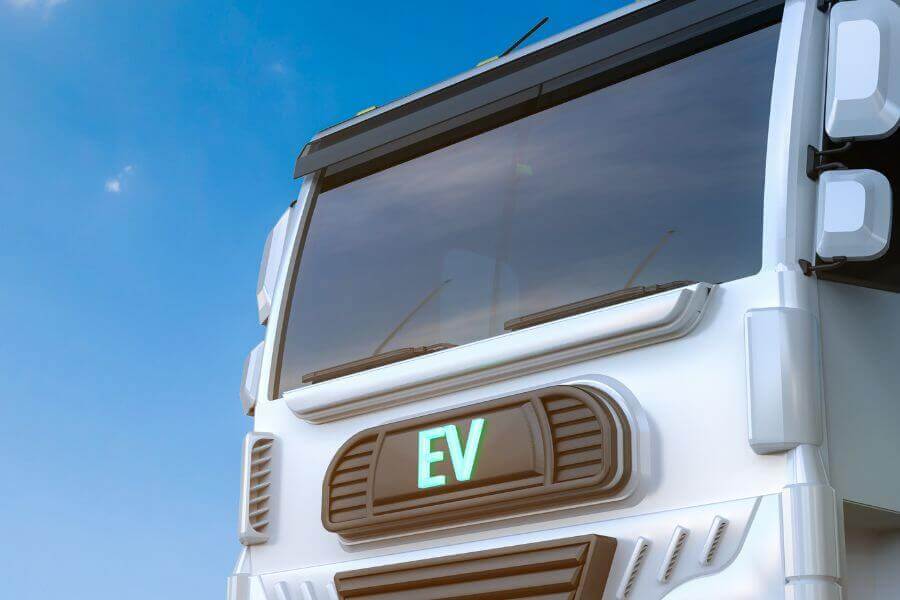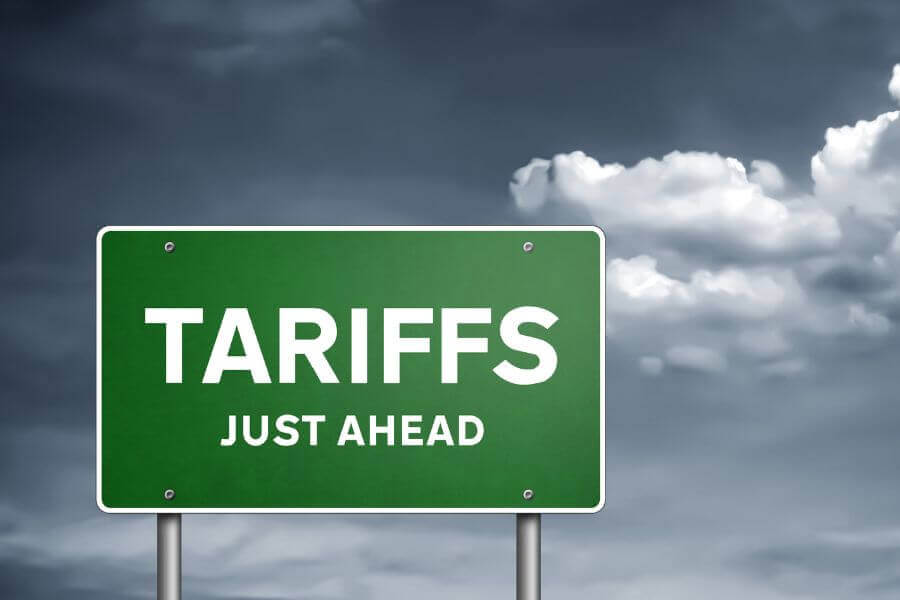A nonprofit coalition is stepping up to accelerate the shift to clean energy by acquiring up to 500 Class 8 battery-electric trucks and leasing them to smaller drayage fleets and independent owner-operators. This initiative is aimed at reducing costs for operators transitioning to electric vehicles, starting with those servicing the bustling ports of Los Angeles and Long Beach, the largest import hubs in the U.S.
The group, Climate United Fund, has totaled $250 million for the purchase of these electric trucks. On October 29, they opened a request for proposals from truck manufacturers to supply the vehicles, with an announcement on the participating companies expected by early 2024. The trucks must be built and delivered within three years of the RFP release.
Climate United, backed by a $6.97 billion award from the Environmental Protection Agency’s National Clean Investment Fund, will prioritize vehicles assembled in the U.S. using domestically produced components. Eligible models include Freightliner’s eCascadia, Volvo’s VNR Electric, Kenworth’s T680E, Peterbilt’s 579EV, and Tesla’s Semi, all of which are, or will be, manufactured domestically.
The urgency for action is clear. By 2035, California’s entire fleet of roughly 33,000 drayage trucks will need to be zero-emission, in line with the state’s ambitious environmental goals. Although electric trucks are more cost-efficient in the long run, their steep upfront costs create a significant hurdle for smaller operators.
“Electric drayage trucks are cheaper to operate, but the high initial expense makes it tough for independent drivers and small fleets to make the switch,” said Climate United CEO Beth Bafford. “By offering tax credits, incentives, and flexible financing, we’re breaking down these barriers, allowing small businesses to play a leading role in the electric revolution.”
However, it’s not just the cost of trucks that’s holding smaller fleets back. According to a report from transportation software provider PortPro, the hyper-competitive trucking market is keeping rates low, making it hard for drayage operators to invest in electric trucks or alternative fuel technologies like hydrogen fuel cells. Compounding this challenge, competition from on-dock rail and other factors is putting more pressure on rates, even as import volumes hit record levels at the ports of L.A. and Long Beach.
Trucking advocates have expressed concerns about the high cost of electric trucks and the lack of charging infrastructure, but this new program is being seen as a welcome step forward.
“For zero-emission trucks to gain widespread adoption, affordability has to be central to the conversation,” said Matt Schrap, CEO of the Harbor Trucking Association. “We’re encouraged by initiatives like this, which combine the infrastructure and the vehicles, helping fleets tackle both challenges at once.”
Partnering with heavy-duty charging specialist Forum Mobility, Climate United is also addressing the charging infrastructure problem. Forum is developing a network of staffed, secure electric truck charging depots, starting at California’s ports and along major freight corridors.
“With 80% of California’s drayage trucks operated by small fleets, our goal is to ensure that the move to zero-emissions is inclusive, giving fleets of all sizes the chance to thrive,” said Forum Mobility CEO Matt LeDucq.
In May, Forum began construction on a major charging facility at the Port of Long Beach. Once completed, it will be able to charge up to 200 battery-electric trucks daily, with the ability to charge 44 trucks at once. The project, expected to be completed by the end of 2024, will feature high-capacity dual-port and single-dispenser chargers.











